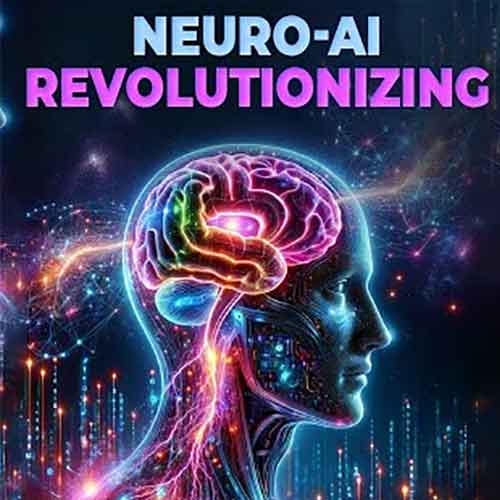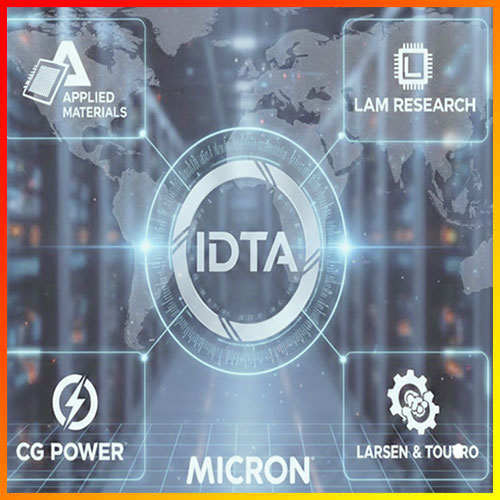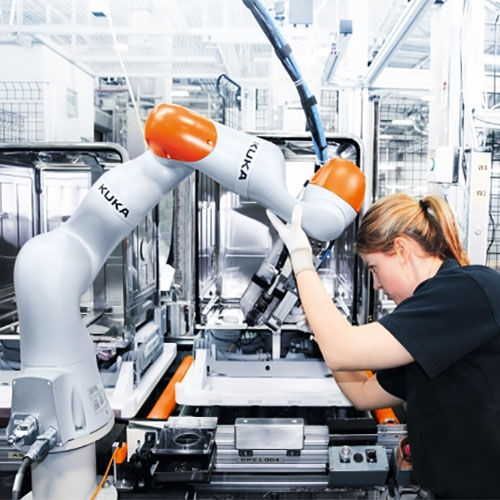
The fusion of neuroscience and artificial intelligence—neuro-AI—is unlocking new dimensions of the human brain and solving challenges once thought impossible. From early diagnosis of neurological conditions to restoring communication for the nonverbal, neuro-AI is reshaping both medicine and human experience.
In mental health, neuro-AI has shifted care from reactive to proactive. Advanced neuro-wearables now track real-time cognitive and emotional patterns, predicting anxiety, depression, or stress before symptoms emerge, enabling early interventions.
AI is also revolutionizing diagnosis. Algorithms trained on brain imaging and behavioral data provide faster, objective assessments for neurodevelopmental conditions like autism and ADHD—sometimes detecting them years ahead of traditional methods.
Brain-Computer Interfaces (BCIs) are transforming lives. Individuals with severe paralysis can now express thoughts through AI that decodes neural signals into speech or actions, restoring agency and communication.
Personalized cognitive enhancement is another frontier. AI-driven training platforms adjust exercises in real-time to boost memory, focus, and emotional regulation, tailored to individual brain responses.
The future of neuro-AI promises even deeper breakthroughs, including "cognitive digital twins" to detect diseases like Alzheimer’s early, and neuro-adaptive education systems tuned to individual learning rhythms.
Long-term, neuro-AI may unlock ethical, empathetic AI systems and optimize human creativity, mood, and behavior without medication. The possibilities are vast—and profoundly human.
See What’s Next in Tech With the Fast Forward Newsletter
Tweets From @varindiamag
Nothing to see here - yet
When they Tweet, their Tweets will show up here.





























